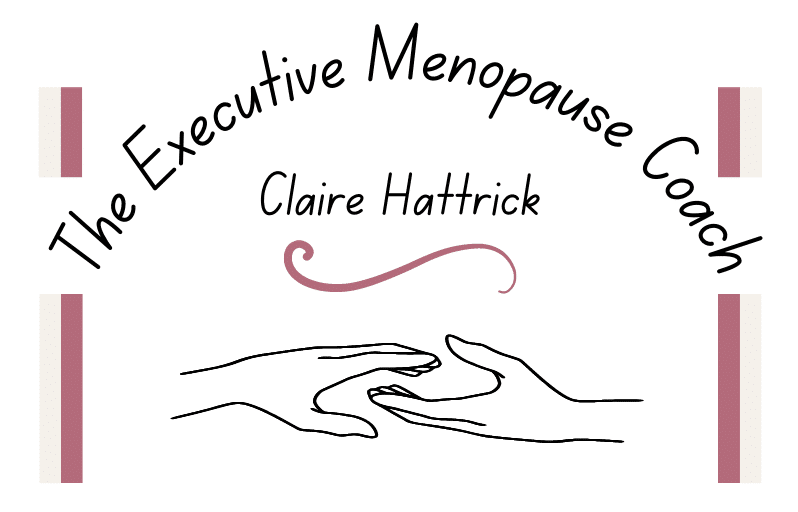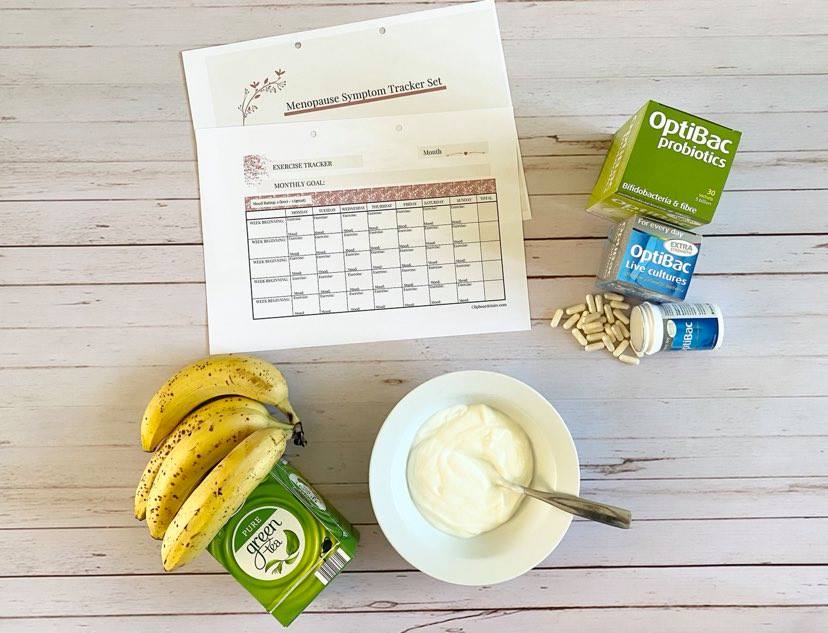This is something I get asked about all the time! So, I decided to investigate Menopause Bloating a bit deeper to try and find some solutions and find out why it happens.
Often this starts during the Perimenopause stage (the beginning of the Menopause), causing your stomach area to feel over-full and often swollen. For some women it can cause pain and discomfort and make other parts of the body feel swollen and bloated too.
Click here to read our other Menopause Blogs!
Please be aware that this blog post contains affiliate links and any purchases made through such links will result in a small commission for me (at no extra cost to you).
Why and What causes Bloating during Menopause:
- Fluctuating hormone levels can be responsible for bloating especially during your perimenopause years. Oestrogen levels can be higher at this time and this increase causes the body to hold/retain water, leading to bloating.
- A build-up of gas in your gastrointestinal system that can be caused by;
- Smoking
- Stress
- Diet
- Exercise
Post-Menopause bloating is more likely to be caused by the build-up of gas because your hormone levels have subsided and do not fluctuate like they did during Perimenopause and Menopause.

Solutions and treatments to prevent Bloating:
- Diet – Keep a diary of what food you eat and see if there is a particular food or group of foods that cause you to bloat. Often, fatty foods or processed food can cause bloating and even some vegetables can cause extra gas. Try to avoid foods with high levels of salt or sugar too. These ones from Amazon are great for staying on track!

- Exercise – The more exercise you do the less bloating will occur, that often means at least 5 times a week and varying what you do. Do lots of cardiovascular exercise one day and the next, swimming or yoga. Getting the right sportswear and equipment is key!
- Hydration – it is so important to stay hydrated to AVOID bloating, so drink lots of water through the day.
- Alcohol and Smoking – cause lots of bloating, so keep to a minimum if at all. If you need help to stop smoking click here!
- Chewing gum – this can lead to filling your stomach up with air.
- Fizzy drinks – Carbonated drinks fill up your stomach with air, leaving you bloated.
If the symptoms are not improving, speak to your pharmacy, there are over the counter remedies you can try and if they do not work your GP can prescribe other medications that can prevent bloating.
- HRT – This can regulate your Oestrogen and Progesterone levels, helping with lots of menopause symptoms.
- Diuretics – Your GP would prescribe these to help your body avoid holding on to too much water.
- Probiotics – I highly recommend these Probiotics and they are brilliant for bloating and gut health.
- Peppermint Oil Capsules– I have been told these are great to reduce bloating.
Weight Gain and not Bloating?
Going through the menopause can cause you to gain weight more quickly and mainly around your middle, in particular your stomach area. It can be hereditary and lifestyle, as well as ageing and not just the Menopause. Often Menopause bloating happens at the time of your menstrual cycle, eating large meals and quickly, can cause bloating too. This might make your stomach stick out and go down in size as the day goes on but it will not do this if it is weight gain. Weight gain is a common symptom of the menopause, but keeping your food portion sizes down, exercising regularly, getting enough sleep, and taking good care of yourself, should help with keeping any extra weight off.
Any prolonged and painful bloating should always be checked out with your GP, it can in rare cases be a sign of Ovarian Cancer or other health issues.
Most women suffer with Menopause bloating at some point during their journey through the menopause, but the good news is it should diminish after Menopause or subside considerably.
To read more of our Menopause Blogs click here!
*DISCLAIMER*This page does not provide medical advice; it is intended for informational purposes only and is based upon my opinion and experiences. It is not a substitute for professional medical advice, diagnosis or treatment. Never ignore professional medical advice in seeking treatment because of something you have read on The Executive Menopause Coach website. Always seek professional medical advice.



[…] Click here to read our Menopause and Bloating Blog! […]